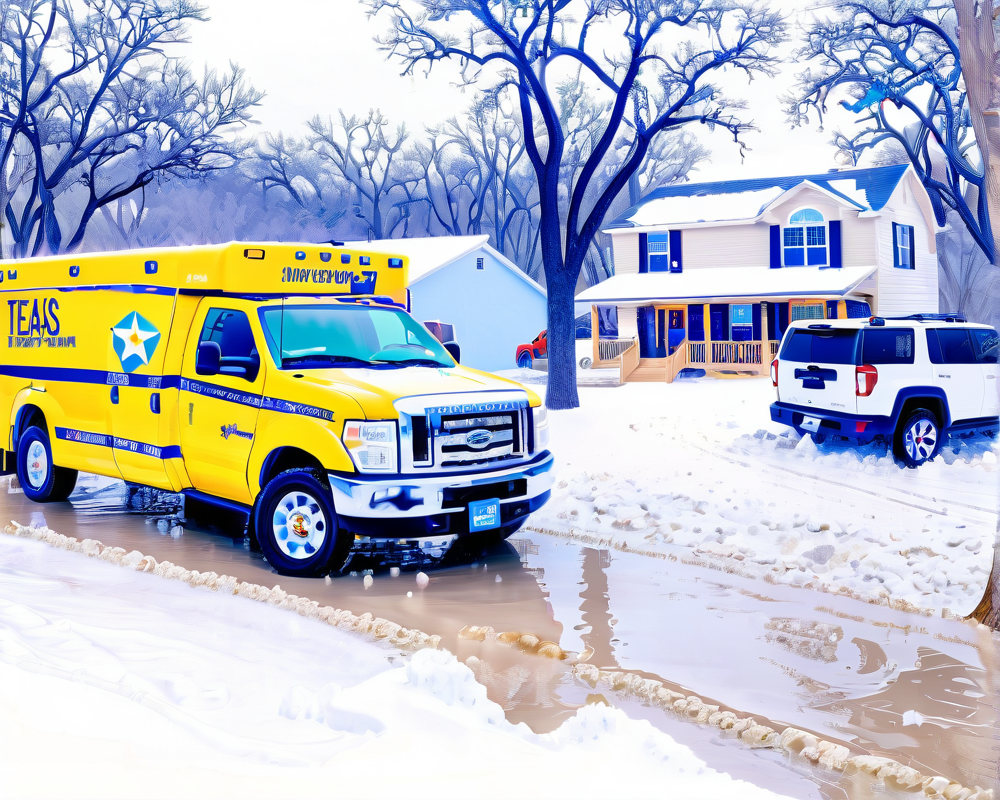A Storm Like No Other
In Texas, the hottest state in the U.S. (in, ya know, temperature, not politics), they have a running gag about school closures due to dropped ice cups. But last month, it wasn’t a laughing matter. Millions experienced a bone-chilling week where sub-zero temperatures brought impassable roads, burst water pipes, and enough power outages to make even an Alaskan shiver. The Electric Reliability Council of Texas had to shut down parts of the power grid, as folks turned to burning furniture and building indoor tents to survive the icy madness.
Water, Water Everywhere… Not a Drop to Drink
As temperatures plummeted below freezing, homes transformed into water parks—minus the fun. Isolated families found themselves dealing with water damage in a storm that left many roads unsafe. To add insult to injury, essential supplies dwindled as trucks struggled to navigate the icy mess.
When Sunshine Won’t Fix Your Finances
Fast forward a week; temperatures soared past 70 degrees Fahrenheit in Austin as if nothing happened. But the financial distress lingered like a bad cold, putting many Texans in a tough spot. Enter cryptocurrency, a savior many didn’t see coming!
Crypto to the Rescue
The Austin Disaster Relief Network sprang into action, accepting crypto donations—yes, you read that right! Who knew that while coins usually kept us amused with memes, they could also be a lifeline? They now welcome Bitcoin, Ether, Litecoin, and a whole cast of digital currencies to aid uninsured families struggling with storm aftermath.
How the Funds Are Flowing
Since kicking off crypto donations, the ADRN received its first Ether payment worth a neat $700. Not a mind-blowing sum, but enough to help over 1,000 families get back on their feet. Yet, an estimated 4,000 homes in the Austin area are still seeking assistance. ADRN CFO Michael Gish emphasized their commitment to accepting crypto indefinitely. Apparently, finance isn’t just for Wall Street anymore!
Future-Proofing with Cryptocurrency
ED of ADRN, Daniel Geraci, realized the potential of crypto funding during future disasters, especially when sending physical cash can be a no-go. He reflected on how the recent events transformed his thoughts about employing crypto technology as a quick solution to assist families in hardship.
Expanding Efforts with The Giving Block
The Giving Block joined the rescue mission, launching a $100,000 Bitcoin for Texas initiative. They allow organizations to convert crypto donations into fiat, which the ADRN opted for. “It’s an uphill battle raising funds when all the cameras are gone,” Geraci said. In times of catastrophe, jumping from a centralized approach to a decentralized plan appears to be the future—even if Texas usually prides itself on its ‘bigger is better’ mantra.




